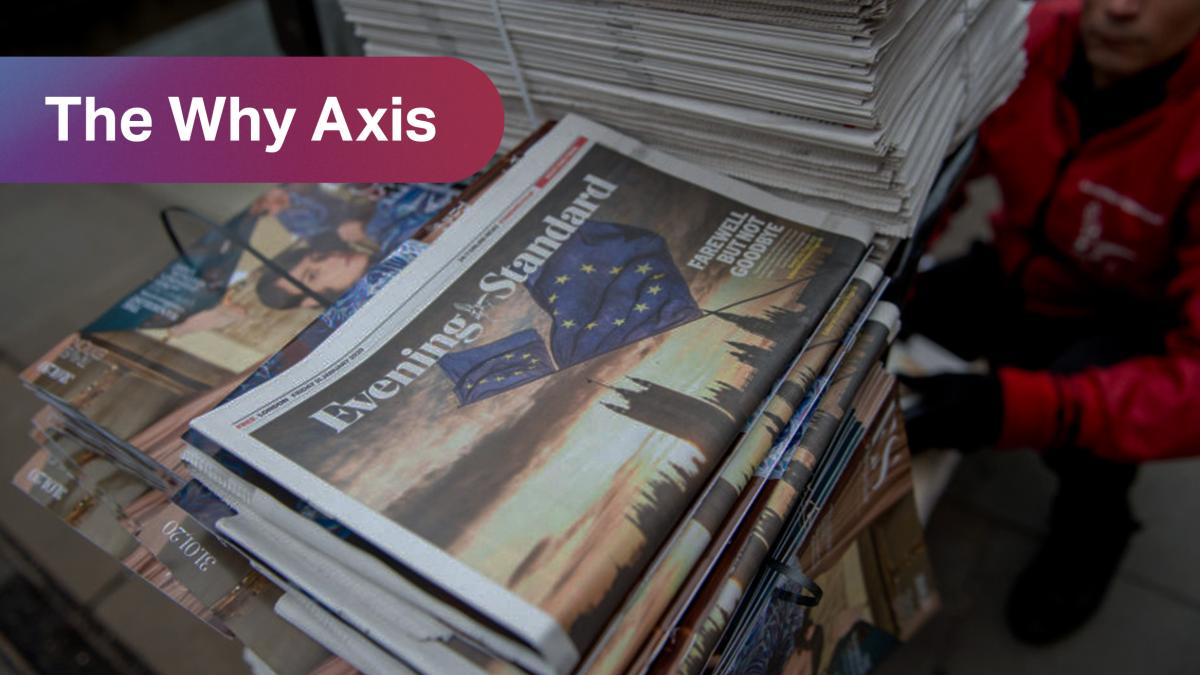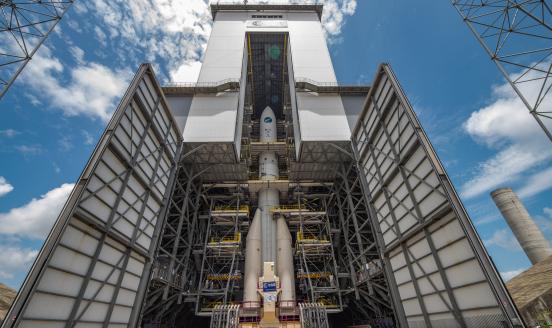Why should the European Union invest in the new space race?


The space industry is experiencing a decade-long period of economic growth in areas like defence and communications. More exotic attempts to develop new uses for the space industry include in-space manufacturing, solar energy and resources utilisation.
Many observers have argued that Europe is lagging behind the US and China in this new space race. After 20 years of being a leader in the launching market thanks to the Ariane 5 rocket, Europe is now struggling to catch up with novel, more cost-effective forms of space transportation like Space X’s Falcon 9. Ariane 6 will probably be considerably more costly than its competitors and it is for the moment delayed, possibly leaving Europe with a gap in space access for the first time in over 40 years.
The European Space Agency (ESA) and the European Union have engaged in several policy initiatives aimed at both identifying bottlenecks in the European space industry and implementing public policy instruments to address them. European policymakers have looked to the US experience for inspiration, which successfully overhauled its space industries in the decade between 2007 and 2017.
The US Administration, faced with very similar challenges posed by raising costs and the retirement of the space shuttle, changed its procurement practices pursuing a double objective: lowering public costs of space access and ensuring a more competitive environment where smaller players could have considerable chances of winning public tenders. This resulted in the Commercial Orbital Transportation Services (COTS), which kickstarted America’s new space revolution.
The ESA has decided to launch a similar policy turn called the Commercial Cargo Transportation Initiative (CCTI). Questions remain on how CCTI compares to COTS and whether its design is tailored to the specific and current challenges faced by the European space industry. One thing is clear: policymakers must shift focus to make sure Europe does not fall behind in this modern-day space race.
The Why Axis is a weekly newsletter distributed by Bruegel, bringing you the latest research on European economic policy.



